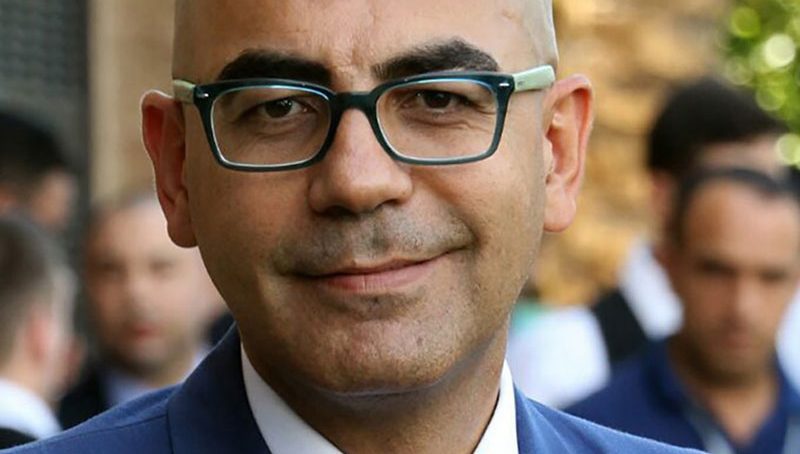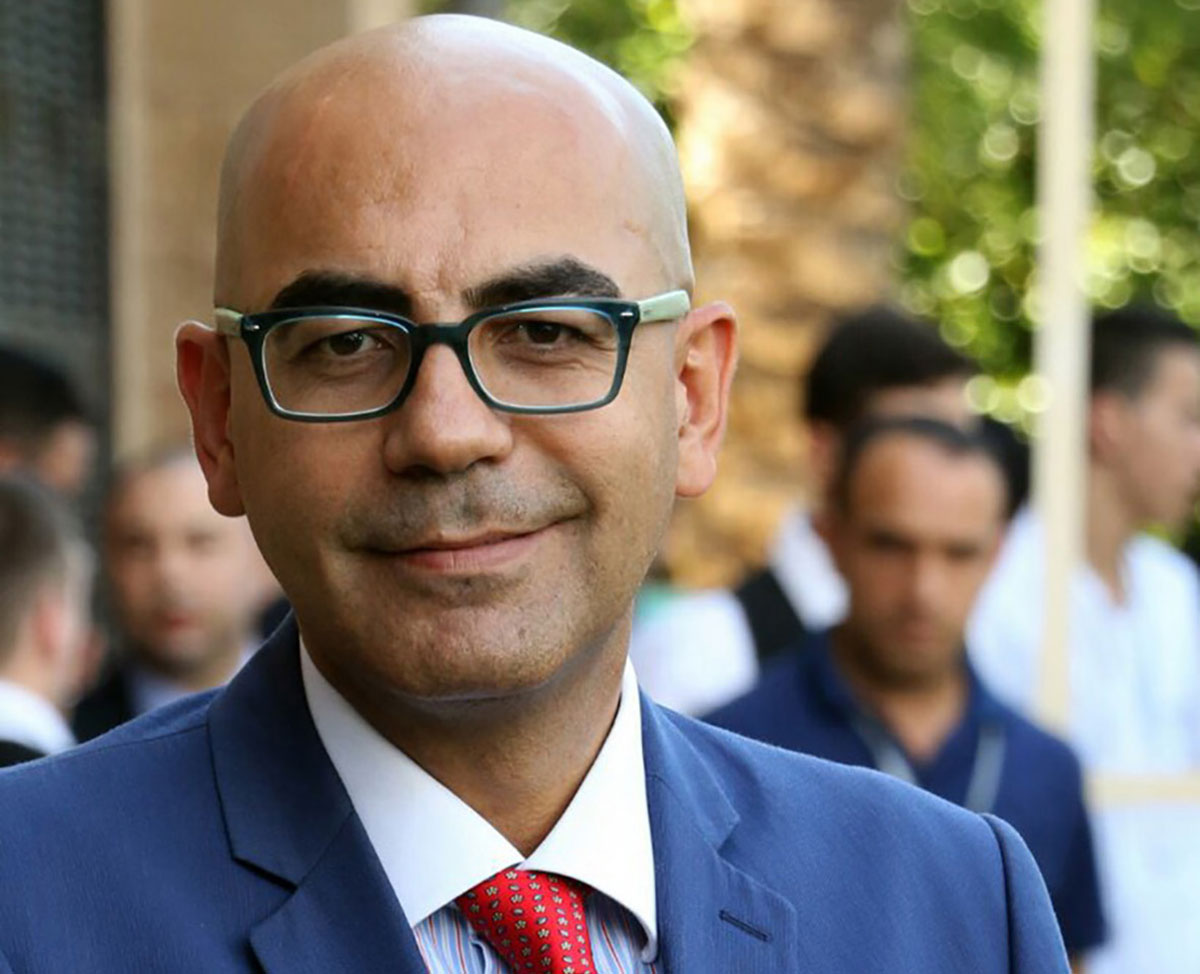Fadi LeSidon is a man who has been offering unique services since 2005 to Sagesse University students pursuing a career in hospitality backed by academic certification from Ecole Hôtelière de Lausanne. These range from courses in F&B, management, Oenology, events and banquet organization, as well as protocol and etiquette
Based on the market’s need for more bespoke services, in 2006 he founded fls Consultancy and Management, a company that offers highly specific training courses designed to grow and mature the skills of individuals who wish to become what LeSidon calls, ‘Chef de Protocol’ or roughly translated, ‘Personal Assistant’. What follows is his advice about the skills required to achieve the standing.
Core skills
Any person thinking of entering that profession must nurture and master three main skills, as there is little to no room for error given that the client will in all probability be an individual of repute who has high social standing and in some cases, is even royalty as the minimum daily fee is not within most people’s means. Therefore, to succeed in this profession, one must possess what I would like to call the 3 Ds, namely:
1. Discretion: Being optimally efficient while also invisible is a tricky act to execute calling on a highly balanced approach of effectiveness and imperceptibility. Being present without allowing the other(s) to sense that is key.
2. Devotion: The second relates to exercising a high sense of professionalism devoid of bias. In this particular context, personal thoughts and feelings are neither shared nor expressed in any way; instead they are reserved to allow for seamless communication of any transaction.
3. Disposability: Being on call round the clock over a preset timeframe requires tremendous discipline and control. This is especially important given that you may be charged with any kind of task without prior notice and expected to deliver within a limited timeframe.
General requirements
Other less major, though equally important characteristics a potential candidate entering the profession should need significant time to master, though could be acquired at leisure.
• Having a global understanding of the history, culture and traditions of a certain country is a must. This is central to avoid any unintentional blunders that may prove to be not only embarrassing to the client, but in some cases could also prove quite costly. For that reason, having a clear grasp of the context one is operating in is key to the successful execution of any assigned task.
• Being fully aware of the client’s needs may at times prove tricky as that person may not always know what he/she wants or requires. This scenario calls for you to silently evaluate the situation and offer a multitude of fitting solutions.
• Having a real sense of the client’s character goes a long way to address and prepare what might be requested before this happens. In other words, predicting behavior is a skill and a tool that further elevates the quality of service you offer.
LeSidon offers all these services for groups and in some special cases requiring some discretion, one-on-one sessions. The modules are on protocol and etiquette, which pertain to numerous environments such as diplomacy, hospitality and business. These relate to designing a custom-tailored program, depending on the client’s request, specific to all the elements that he/she would like to learn.
In concluding he said, “The timeframe for these lessons also depends on the client’s speed of acquisition, as well as background. However, since entering that profession, demand has grown tremendously and will continue following a steadily rising trajectory courtesy of a highly connected world where time is always short and the specificities ever-increasing.”







